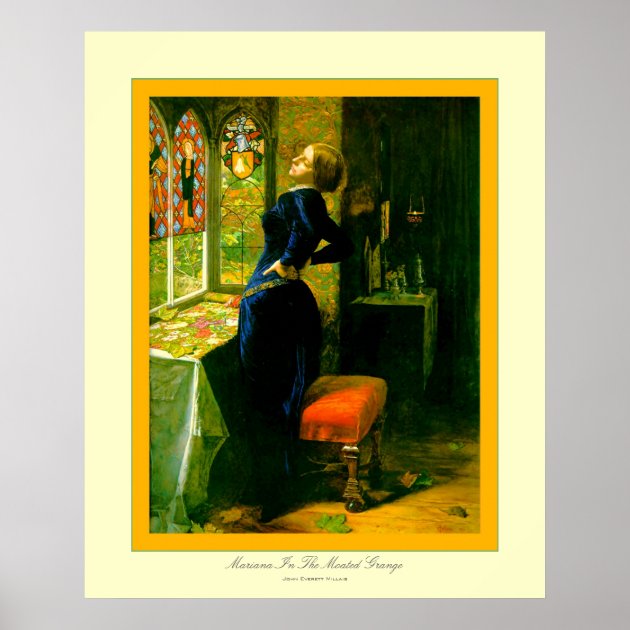

Angela was the youngest of four siblings including sister Amy, and two brothers, Clarence and Walter. : 166 She was the youngest child of Clarence Brazil, a mill manager, and Angelica McKinnel, the daughter of the owner of a shipping line in Rio de Janeiro, who had a Spanish mother. She presented a young female point of view which was active, aware of current issues and independent-minded she recognised adolescence as a time of transition, and accepted girls as having common interests and concerns which could be shared and acted upon.Īngela Brazil was born on 30 November 1868, at her home, 1 West Cliff, Preston, Lancashire. Brazil made a major contribution to changing the nature of fiction for girls. While her stories have been much imitated in more recent decades, and many of her motifs and plot elements have since become clichés or the subject of parody, they were innovative when they first appeared. They were seen as disruptive and a negative influence on moral standards by some figures in authority during the height of their popularity, and in some cases were banned, or indeed burned, by headmistresses in British girls' schools.

Though interest in girls' school stories waned after World War II, her books remained popular until the 1960s. Her books were commercially successful, widely read by pre-adolescent girls, and influenced them. She also published numerous short stories in magazines. In the first half of the 20th century she published nearly 50 books of girls' fiction, the vast majority being boarding school stories.

Angela Brazil (pronounced "brazzle") (30 November 1868 – 13 March 1947) was one of the first British writers of "modern schoolgirls' stories", written from the characters' point of view and intended primarily as entertainment rather than moral instruction.


 0 kommentar(er)
0 kommentar(er)
